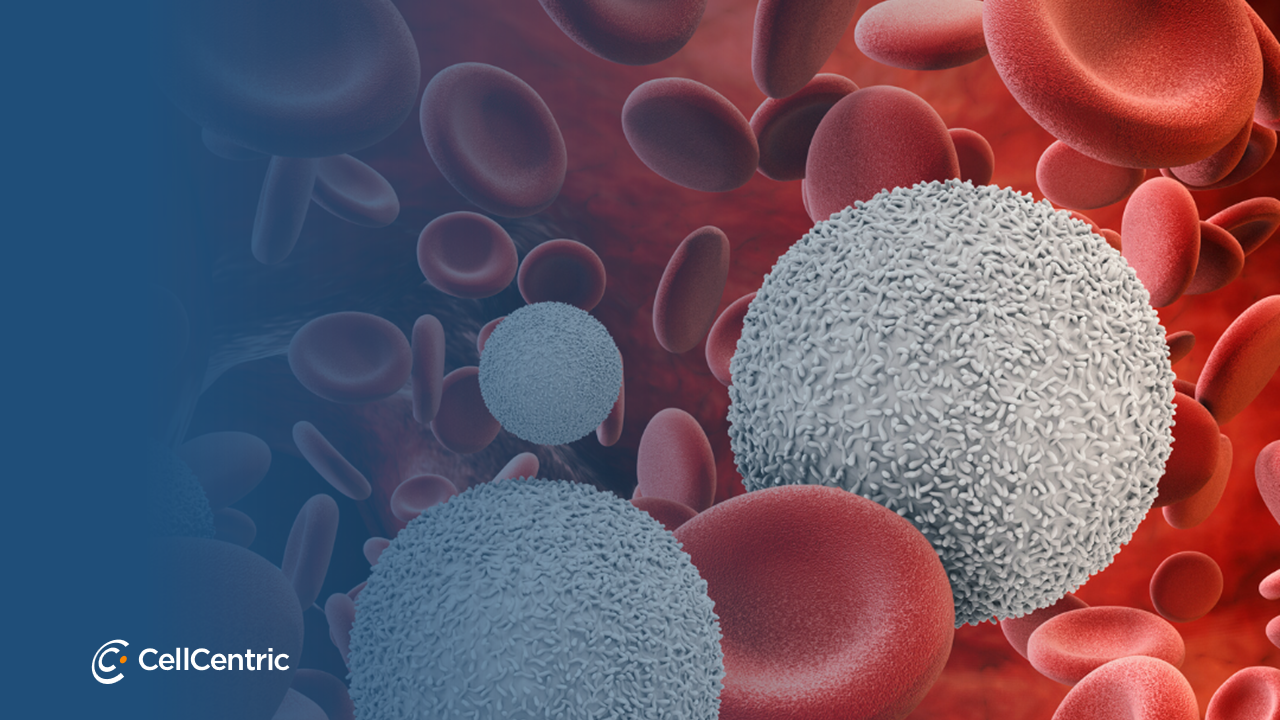ASCO poster 2017: http://www.cellcentric.com/asco-poster-2017
Additional data are presented today showing biomarker effects (including PSA) as well as overall efficacy, of CCS1477. The compound clearly degrades the key drivers of CRPC including the androgen receptor (AR), AR-splice variants and c-Myc, and in a sustained way. This differentiates CCS1477 from existing and other developmental drugs (including BET inhibitor JQ1). CCS1477 is highly potent and selective, with excellent oral-bioavailability, suitable for dosing once a day. Alone and in combination with Enzalutamide, clear efficacy is seen at well tolerated doses. Formal toxicology evaluation continues with the aim to be ready for the clinic by the end of the year.
Johann de Bono, working with CellCentric and its other clinical and academic collaborators, is leading the translation of CCS1477 into the clinic for prostate cancer. He is Regius Professor of Cancer Research and Professor in Experimental Cancer Medicine at The Institute of Cancer Research and Royal Marsden, where he also leads the Prostate Cancer Targeted Therapy Clinical Trials Team. Johann has served as Chief Investigator of multiple drugs that have changed the standard of care for prostate cancer patients including Abiraterone, Cabazitaxel and Enzalutamide.
Clinical and scientific collaborators in the US include Kevin Kelly as well as Karen Knudsen at the Sidney Kimmel Cancer Center at Thomas Jefferson University, Philadelphia, a co-author of today’s ASCO poster. Other contributing co-authors to the poster are from Axis Bioservices, Coleraine, UK and Sygnature Discovery, Nottingham, UK.
Beyond prostate cancer, CellCentric is exploring the potential of CCS1477 for tumours that harbour mutations in the genes for p300 or CBP. When such tumours are treated with a p300/CBP inhibitor, synthetic lethality (cancer cell death) is induced. This has applications for significant populations of bladder, lung and haematological cancers.
Will West, Executive Chairman of CellCentric, commented “CCS1477 continues to make strong progress to the clinic, with clear targeted patient groups defined. With the strong pre-clinical data we have generated, we are delighted to now have the support of Johann de Bono, a recognised world-leader in the clinical development of novel treatments for prostate cancer.”
About CellCentric
CellCentric is a biotechnology company developing novel cancer therapeutic products, based on its knowledge of epigenetics. The company was co-founded with Prof Azim Surani FRS CBE of University of Cambridge, and one of the earliest pioneers in the space.
CellCentric has identified and investigated multiple potential drug targets associated with epigenetic regulation, and has carried out early drug discovery on six. One of these, an arginine methyltransferase programme was licenced to Takeda Pharmaceuticals. The company’s own lead programme is the development of first-in-class inhibitors of p300/CBP histone acetyltransferases. These have potential for the treatment of the lethal form of prostate cancer (CRPC), as well as other cancers through a synthetic lethality mechanism.


